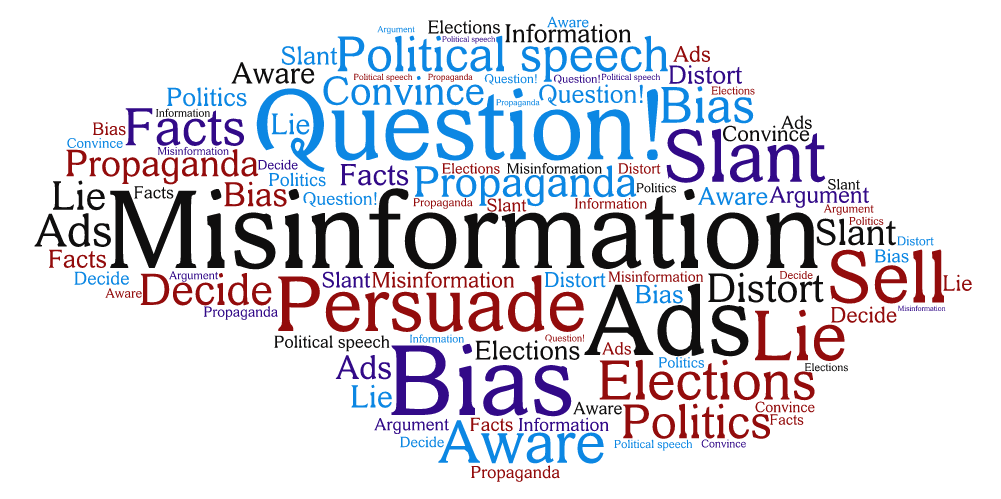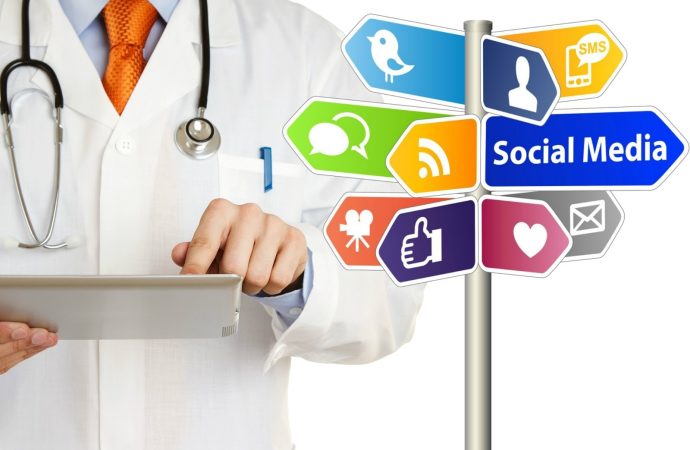In the 21st century, social media has become an integral part of daily life, influencing various aspects of human behavior, including health. The relationship between social media and health behavior is complex and multifaceted, with both positive and negative implications. This article delves into how social media platforms impact health behavior, exploring the potential benefits
In the 21st century, social media has become an integral part of daily life, influencing various aspects of human behavior, including health. The relationship between social media and health behavior is complex and multifaceted, with both positive and negative implications. This article delves into how social media platforms impact health behavior, exploring the potential benefits and drawbacks.
The Rise of Social Media
Social media platforms like Facebook, Twitter, Instagram, and TikTok have revolutionized how people communicate and share information. With billions of users worldwide, these platforms have a significant reach, making them powerful tools for disseminating health-related information. However, the impact of social media on health behavior is not straightforward and varies based on several factors, including the type of content consumed, the credibility of sources, and individual user characteristics.
Positive Impacts on Health Behavior
Health Awareness and Education
Social media serves as a valuable resource for health education. Public health organizations, medical professionals, and advocacy groups use these platforms to share information about various health conditions, preventive measures, and treatment options. Campaigns like #StayAtHome during the COVID-19 pandemic exemplify how social media can effectively promote public health messages and encourage positive health behavior.
Community Support and Motivation
Social media facilitates the formation of support groups where individuals can share experiences, offer advice, and provide emotional support. For instance, patients with chronic illnesses like diabetes or cancer often join online communities to connect with others facing similar challenges. These communities can foster a sense of belonging and motivate individuals to adhere to treatment plans and adopt healthier lifestyles.
Behavioral Interventions
Health professionals and researchers are increasingly leveraging social media to deliver behavioral interventions. Programs designed to promote physical activity, smoking cessation, and healthy eating habits are often disseminated through social media channels. These interventions can be interactive, providing real-time feedback and support, which enhances their effectiveness.

Picture by: Yandex.com
Negative Impacts on Health Behavior
Misinformation and Health Myths
One of the most significant drawbacks of social media is the spread of misinformation. False claims about health treatments, miracle cures, and unverified medical advice can easily go viral. This misinformation can lead to harmful health behaviors, such as the use of unproven remedies or the rejection of evidence-based medical treatments. The anti-vaccine movement is a prime example of how misinformation on social media can have serious public health consequences.
Mental Health Issues
While social media can offer support, it can also contribute to mental health problems. The constant exposure to idealized images and lifestyles can lead to feelings of inadequacy, anxiety, and depression. Cyberbullying and online harassment are additional risks that can negatively impact mental well-being. Studies have shown that excessive social media use is associated with increased rates of anxiety, depression, and even suicidal ideation.
Sedentary Behavior and Poor Lifestyle Choices
The addictive nature of social media can lead to excessive screen time, contributing to a sedentary lifestyle. This lack of physical activity is a risk factor for various health issues, including obesity, cardiovascular disease, and diabetes. Furthermore, social media can promote unhealthy behaviors, such as poor dietary choices, through advertisements and influencer endorsements of junk food and sugary drinks.
Strategies for Mitigating Negative Impacts
Promoting Digital Literacy
Educating users about how to critically evaluate online information is crucial. Digital literacy programs can teach individuals to identify credible sources, understand the difference between opinion and fact, and recognize common tactics used to spread misinformation. Schools, communities, and health organizations should prioritize digital literacy to empower users to make informed health decisions.
Regulating Health Content
Social media platforms have a role to play in regulating health-related content. Implementing stricter policies to identify and remove misinformation can help mitigate its spread. Collaborating with health experts to verify information and provide accurate, evidence-based content can also enhance the credibility of health information on these platforms.
Encouraging Positive Health Behavior
Leveraging social media to promote positive health behavior involves creating engaging and informative content that resonates with users. Health campaigns should use relatable narratives, visual aids, and interactive elements to capture attention and encourage action. Influencers and celebrities can also be enlisted to promote healthy behaviors, given their significant impact on public opinion.
Conclusion
The impact of social media on health behavior is a double-edged sword, offering both opportunities and challenges. While it has the potential to educate, support, and motivate individuals towards healthier lifestyles, it also poses risks through the spread of misinformation and the promotion of unhealthy behaviors. By fostering digital literacy, regulating health content, and promoting positive health messages, we can harness the power of social media to improve public health outcomes. Understanding and addressing the complex dynamics of social media and health behavior is essential for creating a healthier, more informed society.
















